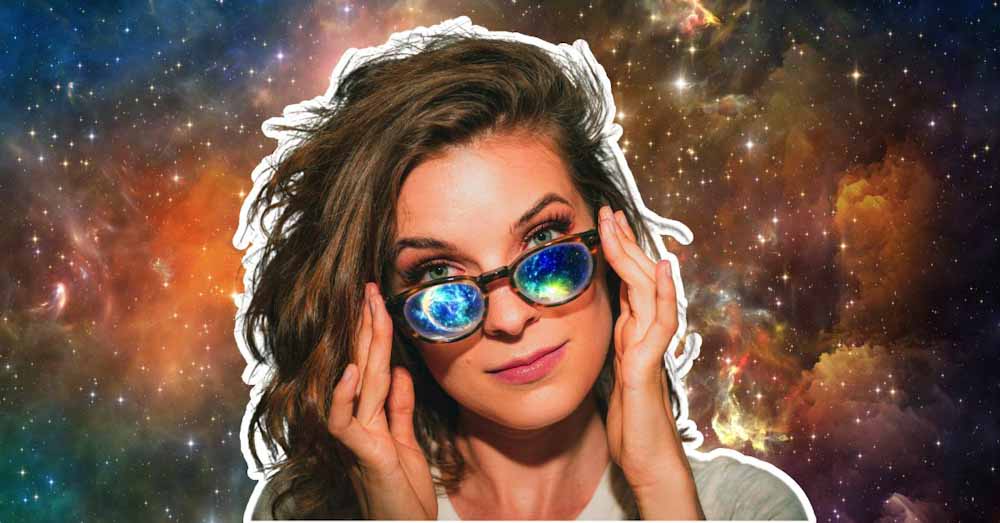
Yesterday, my flight was delayed, and I struck up a conversation with the person next to me. We discussed our logistical issues related to the delay and eventually started talking about our jobs and zodiac star signs. Although I’m not an expert on zodiac signs, I found it interesting and may further look into it for fun and education, as it’s exactly how I wrote half of my blog, by being curious.
I said that I am an Aquarius, and I was told that supposedly I am intelligent. The other person said they were a Cancer, which supposedly makes them very intuitive (although I don’t know enough to verify this information).
Suddenly, I asked the person what their seat number was and discovered that they were sitting right next to me. This was quite unusual, considering the plane had over 40+ rows and 6 seats per row, and I don’t typically go around asking people for their seat numbers. I wondered if it was a coincidence, if I was being stalked, or if it was fate. I still don’t know the answer.
However, lately, I’m not completely surprised that things like this are happening to me, as I have been embracing this concept of “intuition,” which Britannica Dictionary defines as a “natural ability or power that allows one to know something without proof or evidence; a feeling that guides a person to act in a certain way without fully understanding why.”
In this way, when we discuss intuition, we are delving into something mystical, esoteric, spiritual, and beyond reason. Yet, somehow, it works. I have been experiencing it more and more frequently, sometimes even being able to predict the future or knowing what someone will do or say before they do it, things that I couldn’t possibly know or control.
At first, I attributed this to my aforementioned high intellect (due to being an Aquarius) and my relatively high chess score (1950), which allows me to see several moves ahead of others and recognize patterns that others may overlook. After all, I wrote Optimal Happiness, and how many people truly understand happiness at a deep level? So, it seems reasonable to suggest that our subconscious mind can comprehend information that our conscious mind cannot fully grasp.
Nevertheless, my experiences with intuition have become increasingly common as I become more open to the idea that there is more to the universe than what meets the eye and what we can comprehend or agree upon. I am often surprised by the things I have been able to guess or know.
Specifically, engaging in happiness studies has helped me explore questions of mysticism, spirituality, and “God,” which, in turn, opened my eyes to the phenomenon of intuition. It is worth noting that a connection between spirituality and happiness certainly exists. For example, people who believe in God, regardless of which God, tend to be 7-13% happier on average than their atheist or agnostic counterparts.
The main point I am currently trying to make is that being open to the idea of intuition allows us to develop and make use of it in our lives.
After all, many famous individuals, such as Padre Pio, surrendered themselves partially or completely to a higher power like “God” or the “universe” and completely transformed their lives in the process. They became a channel through which this higher power manifested in everything they did. This was only possible because of their partial or complete surrender to that higher power.
Similarly, in Matthew 26:39, Jesus said, “My Father, if it is possible, may this cup be taken from me. Yet not as I will, but as you will.” This ultimately led to Jesus being crucified for our sins. In this passage, Jesus expressed his hesitation to do things that could lead him to his death, but he followed his “intuition” or “God’s will” which guided him to bring about one of the greatest possible benefits: a complete transformation of the world as we know it, which was only possible because of his sacrifice.
Similarly, in my own life, I have experienced sudden and inexplicable urges to do something, which I often cannot fully predict or explain. I ultimately attribute these urges to intuition. While it is possible that some of these events are false positive non-intuitive feelings, such as the random encounter I mentioned earlier where I would have ended up seated next to that person regardless of whether I asked about seating arrangements or not, I am open to exploring the idea that this event was guided by my intuition, especially because experiences like this have happened numerous times to me and others (especially those born under the Cancer zodiac sign).
On a side note, I “pray” to be guided by a higher power to become the best version of myself, find happiness, and help others achieve the same. I don’t specify the exact form in which I want my prayer to be answered. I keep myself and my intuition open to receiving the answer in whatever way it ultimately manifests.
In summary, intuition is how a higher power guides our decisions in the best way it knows how. And since we don’t have a complete understanding of the universe, we need to rely on intuition to help us make better decisions that guide our path. It is important, however, to recognize that we can and should make our own decisions while understanding that we are relying on finite information available to us. However, compared to the infinite information available to God and the universe, we can only achieve limited results. By opening ourselves up to the guidance of a higher power, we can experience wonderful opportunities that we would otherwise never encounter.
What about you? Do you have any intuition-based stories you’d like to share? Do you also believe there is more to intuition than meets the eye?







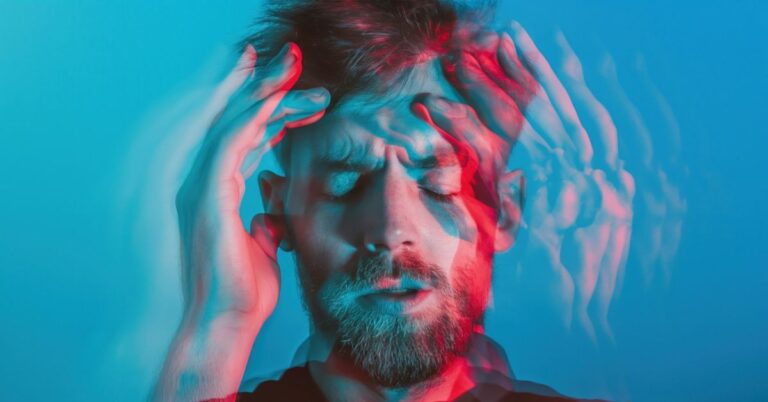

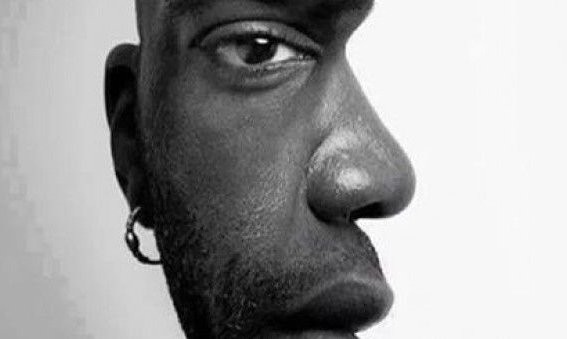
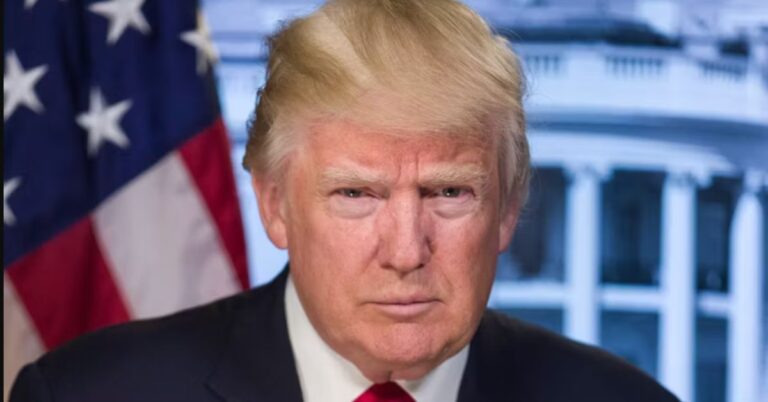
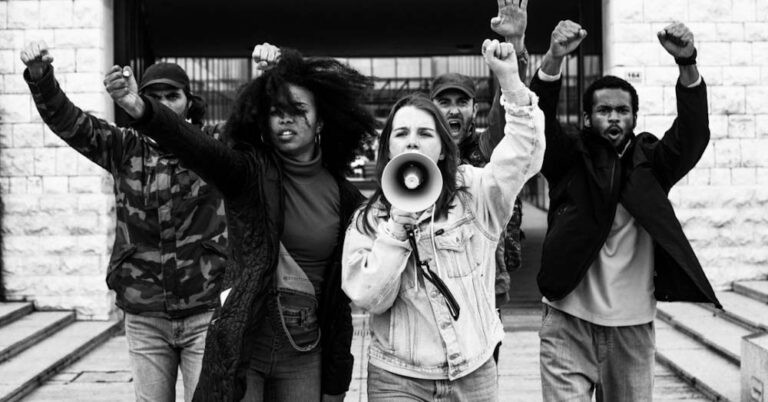
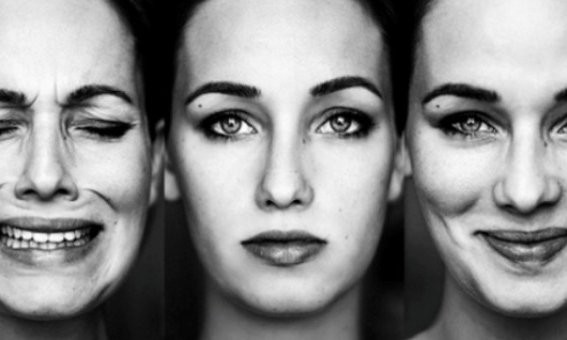
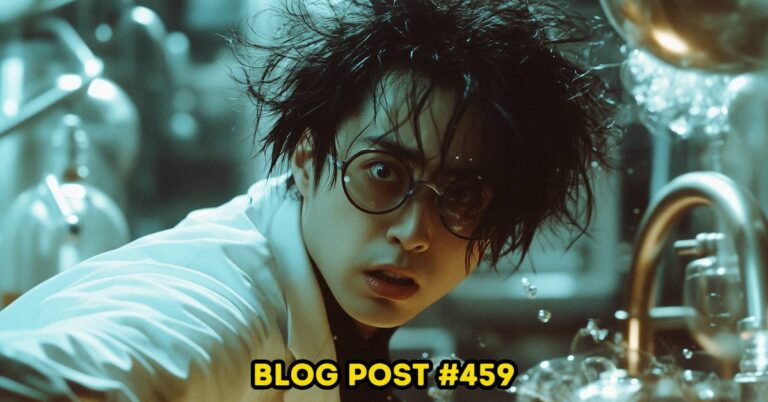
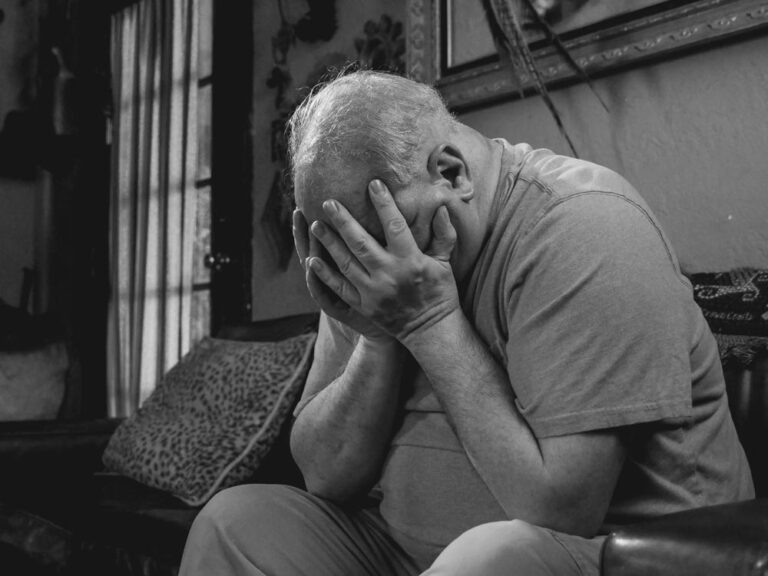
2 thoughts on “Intuition: What is it? Is it Useful? How to Develop it?”
Hello:) I believe intuition is a direct connection to God and to the spirit realms. I emphasize that one must trust their intuition over anyone and anything.
I couldn’t agree more! It is a higher power that guides our lives, and if we can learn to listen to it or, even better, live our lives fully and completely in accordance with this higher calling, we will indeed become enlightened beings, similar to Buddha, Jesus Christ, Padre Pio, and many other saints from these or various other religions.